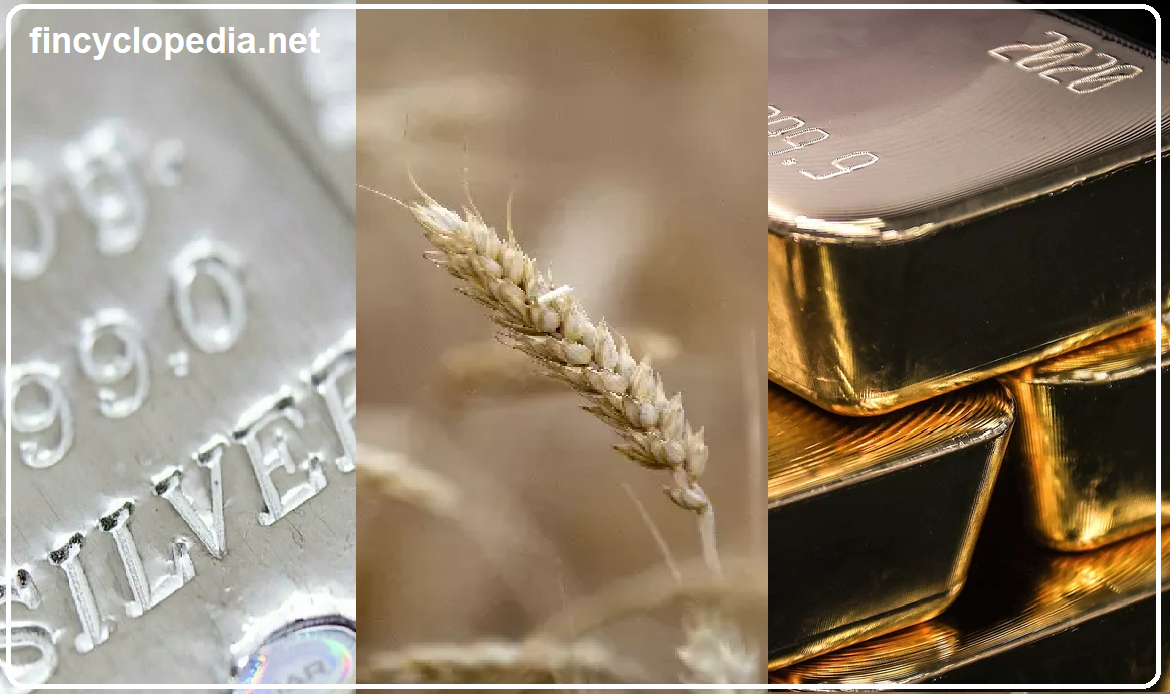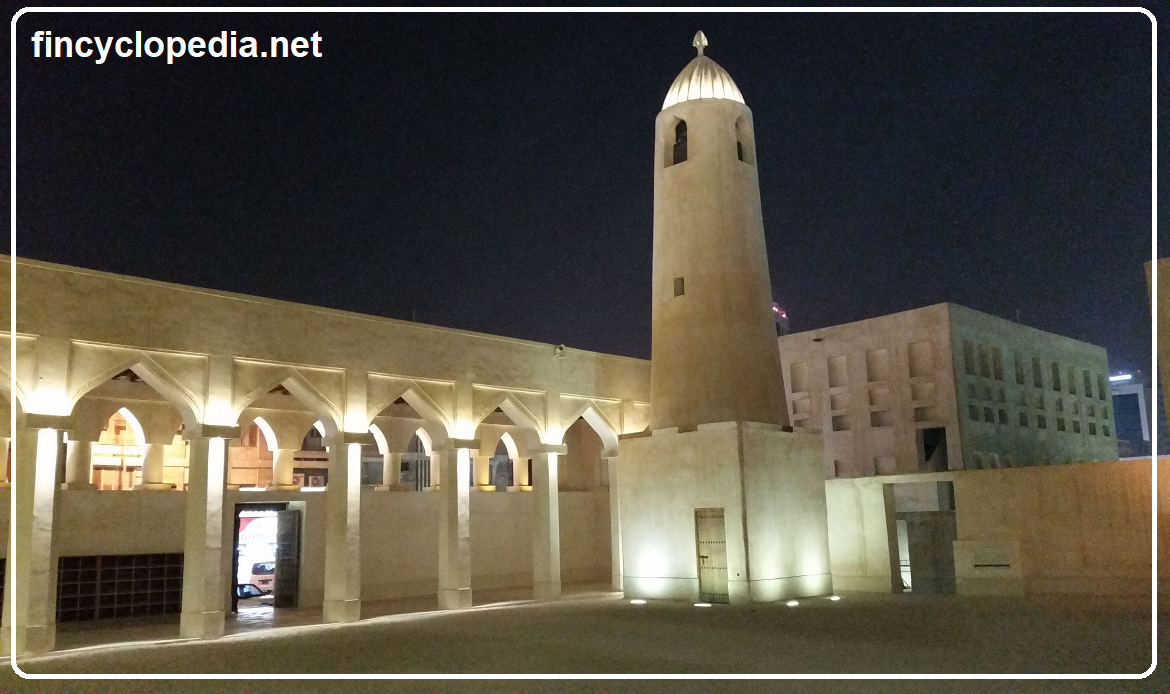Arabic (سلم) for the sale of a commodity that will be delivered at a future date for a specific price paid in advance. In other words, it is a financial transaction (literally an upfront-payment forward sale) whereby price is paid in cash at the date of contract to the seller who pledges to deliver the commodity according to the specifications set out in the contract. The deferred commodity is a specified fungible commodity to be delivered by the seller whether it is produced or procured by him. Of the many conditions usually stipulated in salam contracts is that the delivery date is definitely known in order to avoid ignorance which leads to dispute. Furthermore, it is impermissible for the buyer to sell the underlying commodity before receiving it because the transaction would be, in this case, tantamount to the sale of debts, which is prohibited by Shari’a.
The salam sale is very similar to the forward contract in conventional finance, since both involve deferred delivery. “Salam” has been used interchangeably with “Salaf’ to refer to the contract for future delivery of specified commodities with upfront payment of the price. The salam sale is primarily used to finance farmers and agricultural enterprises, where an Islamic bank can provide capital to farmers who undertake to produce and deliver a specific crop. Once delivered, the bank can sell or dispose of the commodity, usually through a subsidiary agricultural unit or arm, in order to make profit.
Salam can also be instrumental in financing industrial and commercial activities where Islamic banks funnel funds to start-ups and pre-production operations and also to export activities by purchasing would-be commodities and then taking them to the market.







